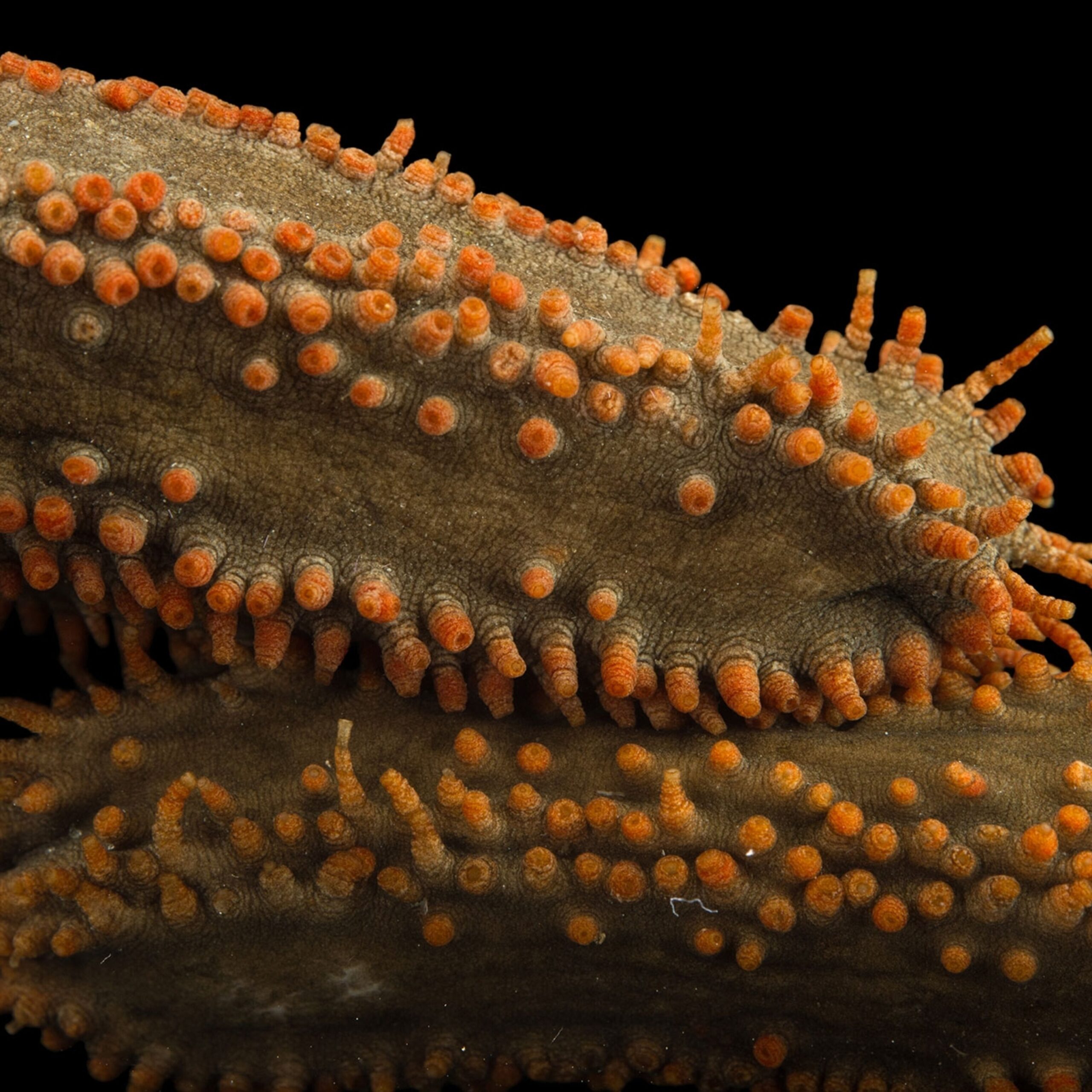Nature’s Vacuum Cleaners: Sea Cucumbers and Their Vital Role
The world beneath the ocean’s surface is a mysterious and fascinating realm filled with creatures that play crucial roles in maintaining the delicate balance of marine ecosystems. Among these creatures, sea cucumbers stand out as nature’s unsung heroes, often referred to as the “vacuum cleaners” of the sea. In this article, we will delve into the extraordinary world of sea cucumbers, exploring their anatomy, ecological significance, and the challenges they face in today’s changing oceans.
The Enigmatic Sea Cucumber: A Brief Introduction
Sea cucumbers, scientifically known as holothurians, are echinoderms that belong to the class Holothuroidea. These fascinating creatures can be found in oceans worldwide, from shallow coastal waters to the dark depths of the abyss. Despite their somewhat unassuming appearance, sea cucumbers play a vital role in maintaining the health of marine ecosystems.
Anatomy and Adaptations: Nature’s Engineers
The anatomy of sea cucumbers is a testament to the marvels of adaptation. These cylindrical-shaped creatures have a soft, gelatinous body covered in a leathery skin, with a mouth located on one end and an anus on the other. One of the most remarkable features of sea cucumbers is their ability to expel and regenerate their internal organs as a defense mechanism against predators, a process known as evisceration.
Sea cucumbers are equipped with tube feet, which aid in their movement across the ocean floor. Some species have developed specialized tentacles around their mouth, used for filter feeding. These tentacles are not only instrumental in capturing food particles but also in contributing to the sea cucumber’s role as a natural cleanser of the ocean floor.
Eco-Friendly Cleaners of the Ocean Floor
Sea cucumbers are often regarded as nature’s own sanitation crew. Their feeding habits involve extracting organic matter from the sediments at the ocean floor, effectively filtering out detritus and dead organic material. This process not only helps in nutrient recycling but also prevents the accumulation of waste that could otherwise become a breeding ground for harmful bacteria.
Research indicates that sea cucumbers actively contribute to maintaining the health of coral reefs by promoting nutrient cycling. By consuming and breaking down organic matter, they release essential nutrients back into the water, creating a healthier environment for the diverse marine life that relies on coral ecosystems.
Challenges and Conservation: The Plight of Sea Cucumbers
Despite their ecological importance, sea cucumbers face numerous threats that put their populations at risk. Overexploitation for commercial purposes, particularly in the Asian market where they are considered a delicacy, has led to a significant decline in sea cucumber populations. Additionally, habitat degradation, pollution, and climate change pose additional challenges to these marine creatures.
Conservation efforts are underway to address the decline in sea cucumber populations. Sustainable harvesting practices, marine protected areas, and community-based initiatives aim to ensure the long-term survival of these vital organisms. Educating communities about the ecological importance of sea cucumbers is a crucial step in fostering a sense of responsibility toward the preservation of these underwater custodians.
Frequently Asked Questions (FAQs)
- Are sea cucumbers endangered?
- Some species of sea cucumbers are indeed facing the threat of extinction due to overharvesting and habitat degradation. Conservation efforts are crucial to ensure their survival.
- Can sea cucumbers regenerate their internal organs?
- Yes, sea cucumbers have a remarkable ability to expel and regenerate their internal organs, including the digestive system, as a defense mechanism against predators.
- How do sea cucumbers contribute to coral reef health?
- Sea cucumbers play a vital role in nutrient cycling on coral reefs. By filtering organic matter from the ocean floor, they release essential nutrients back into the water, creating a healthier environment for coral and other marine organisms.
In conclusion, sea cucumbers may not be the most glamorous inhabitants of the ocean, but their significance in maintaining marine ecosystems cannot be overstated. As we continue to explore and understand the intricacies of the underwater world, it becomes increasingly clear that these “vacuum cleaners” play a pivotal role in sustaining the health and biodiversity of our oceans.
Is this conversation helpful so far?

